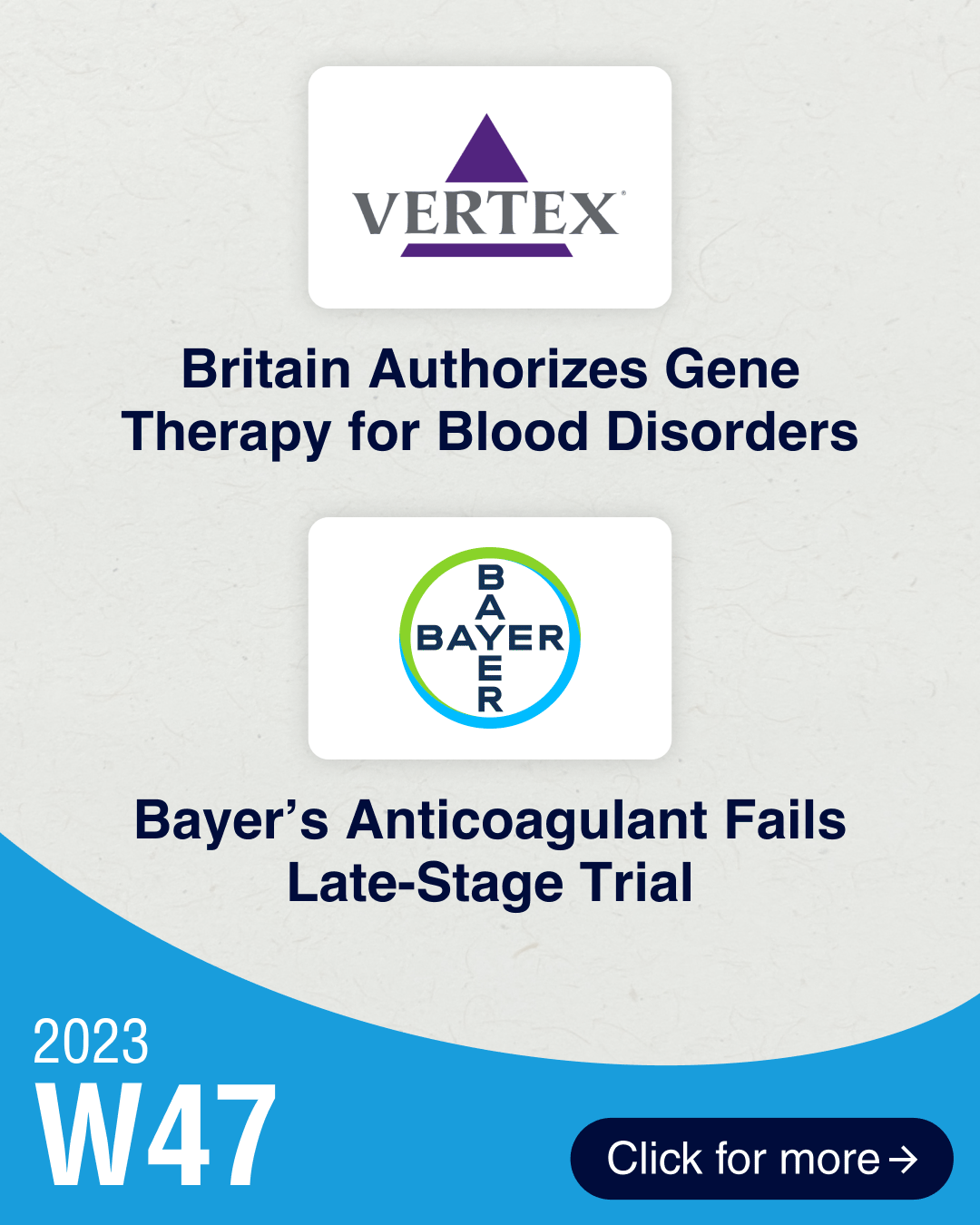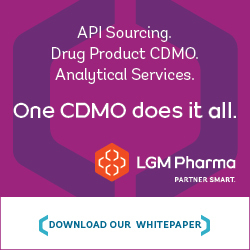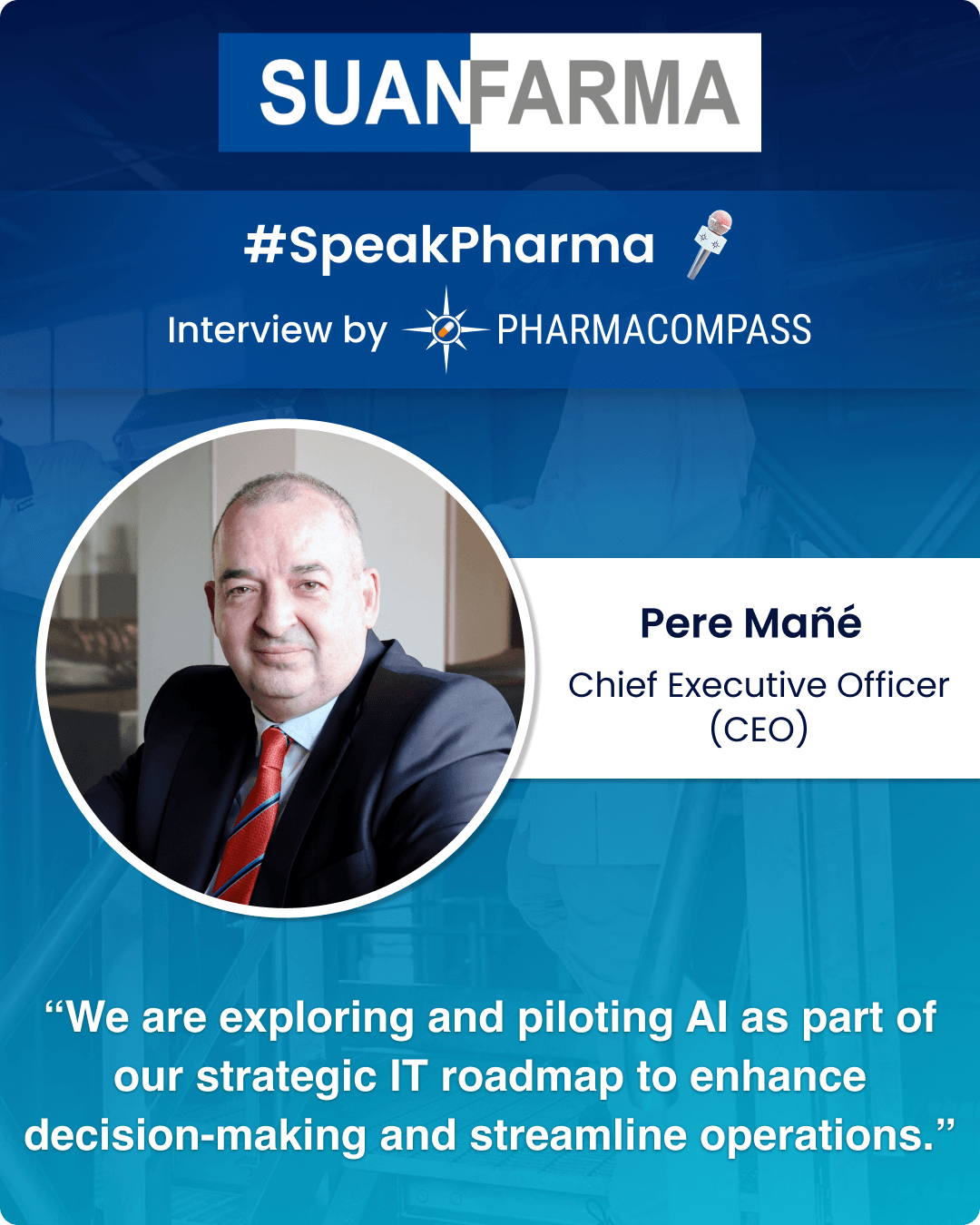
By PharmaCompass
2023-11-23
Impressions: 1,367 Article || 32 Video
In this week’s Phispers, we bring you news of a global first — Britain has authorized a gene therapy from Vertex and CRISPR Therapeutics that seeks to cure sickle-cell disease and β-thalassemia.
It was a week of double whammy for Bayer. One, it had to discontinue a major late-stage trial for the anticoagulant asundexian due to its inadequate effectiveness. And two, it had to issue a voluntary recall in the US for the cancer drug Vitrakvi due to microbial contamination.
In a win for Pfizer and BioNTech, the European Patent Office has declared a contested mRNA patent owned by Moderna as ‘invalid’.
In deals, BeiGene has acquired the global license for Ensem Therapeutics’ oral cancer therapy for up to US$ 1.3 billion and Merck has announced it will buy Caraway Therapeutics for up to US$ 610 million. Meanwhile, AstraZeneca has launched a digital health solutions company — Evinova.
Pfizer and Astellas Pharma secured US Food and Drug Administration (FDA) approval in an earlier treatment setting for their blockbuster prostate cancer med Xtandi. Similarly, the agency approved Merck’s Keytruda in combination with chemotherapy for the first-line treatment of adult patients with gastric cancer.
In regulatory news, FDA has issued a warning letter to Cipla’s Indore facility in India for violations of current good manufacturing practices (cGMPs).
In a global first, Britain authorizes gene therapy for blood disorders
Britain’s Medicines and Healthcare products Regulatory Agency is first off the block in authorizing a gene therapy that seeks to cure sickle-cell disease and β-thalassemia. Both are inherited blood disorders, and patients in the UK (aged 12 and above) can benefit from this therapy. The med, known as Casgevy, uses the gene-editing tool CRISPR that had won its inventors the Nobel Prize in 2020. It is manufactured by Vertex Pharmaceuticals (Europe) Limited and CRISPR Therapeutics.
Bayer’s anticoagulant fails late-stage trial; drugmaker recalls cancer med
Bayer has halted a significant late-stage trial assessing the efficacy of a new anti-clotting drug, asundexian, due to insufficient effectiveness. Bayer revealed that asundexian was not as effective as BMS and Pfizer’s established drug Eliquis in the prevention of strokes among high-risk patients. The company had anticipated this drug to bring in annual sales in excess of € 5 billion (US$ 5.5 billion) and substitute revenue from its blockbuster blood thinner Xarelto, which is scheduled to lose European patent protection in 2026.
Issues recall of Vitrakvi: Bayer has voluntarily recalled a single lot of its cancer drug Vitrakvi in the US, approved for the treatment of advanced solid tumor cancers with a rare gene mutation, due to microbial contamination detected during routine stability testing. The contamination source, identified as Penicillium brevicompactum, poses the risk of life-threatening pneumonia for immunocompromised patients already using the drug.
BeiGene buys rights to Ensem’s cancer therapy for up to US$ 1.3 billion
BeiGene has acquired the global license to Ensem Therapeutics’ oral cancer therapy, which is scheduled to enter early-stage trial for breast cancer and other solid tumors. BeiGene will pay up to US$ 1.3 billion to Ensem. The therapy is being seen as a valuable addition to BeiGene’s early-stage breast cancer portfolio.
Merck buys Caraway: Merck will buy rare disease drugmaker Caraway Therapeutics for up to US$ 610 million to bolster its neurodegenerative and rare disease drug portfolio. Merck, having initially invested in Caraway in 2018, will now acquire all remaining shares of the company.
FDA issues warning letter to Cipla’s India facility for cGMP violations
FDA has issued a warning letter to Cipla’s drug manufacturing facility in Pithampur (Indore, India), post an inspection conducted from February 6 to 17. The warning letter outlines violations related to methods or controls implemented at the facility, which do not adhere to the current good manufacturing practices (cGMPs). Prior to this warning letter, FDA had issued a Form 483 with eight observations to the same facility in August 2023. The facility is responsible for manufacturing inhalers, including its generic Advair in the US.
Europe declares contested mRNA patent held by Moderna as ‘invalid’
The European Patent Office has declared a contested mRNA patent held by Moderna as ‘invalid’, marking a victory for BioNTech and Pfizer in their patent dispute. Moderna expressed disagreement with the decision and has stated its intention to appeal. Moderna had previously sued BioNTech in various countries, alleging unauthorized replication of its mRNA technology patented before the emergence of Covid-19.
FDA expands use of Pfizer, Astellas’ Xtandi in prostate cancer
Pfizer and Astellas Pharma have secured a supplemental FDA approval in an earlier treatment setting for their blockbuster prostate cancer med Xtandi. This makes Xtandi the first and only FDA-approved androgen receptor inhibitor for patients with non-metastatic castration-sensitive prostate cancer with biochemical recurrence who are at high risk for metastasis.
Postpones ruling on BMS, 2seventy Bio’s therapy: FDA will not meet on (the PDUFA action date of) December 16 to render a decision on the expanded application of BMS and its partner 2seventy bio’s blood cancer therapy in earlier lines of multiple myeloma treatment, as it intends to seek input from experts. The supplemental application was based on late-stage study data indicating a significant reduction in the risk of disease progression or death in patients who had undergone two to four prior treatments.
Keytruda okayed for gastric cancer: FDA has approved Merck’s Keytruda (pembrolizumab) in combination with chemotherapy for the first-line treatment of adult patients with locally advanced unresectable or metastatic gastric or gastroesophageal junction adenocarcinoma. This label expansion marks Keytruda’s seventh approval in gastrointestinal cancer and its 38th indication overall in the US.
AstraZeneca launches new firm to optimize delivery of clinical trials
AstraZeneca has launched a digital health solutions company — Evinova — that will offer digital products and services to the life sciences and healthcare sector. Evinova will bring to market established and scaled digital technology solutions already being used globally by AstraZeneca to optimize clinical trial design and delivery. This will reduce the time and cost of developing new medicines. Evinova is being launched with a 300 team selected from across AstraZeneca.
The PharmaCompass Newsletter – Sign Up, Stay Ahead
Feedback, help us to improve. Click here
Image Credit : Phisper Infographic by PharmaCompass license under CC BY 2.0
“ The article is based on the information available in public and which the author believes to be true. The author is not disseminating any information, which the author believes or knows, is confidential or in conflict with the privacy of any person. The views expressed or information supplied through this article is mere opinion and observation of the author. The author does not intend to defame, insult or, cause loss or damage to anyone, in any manner, through this article.”







